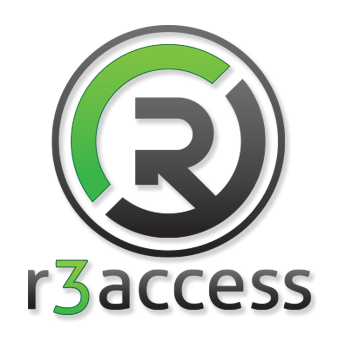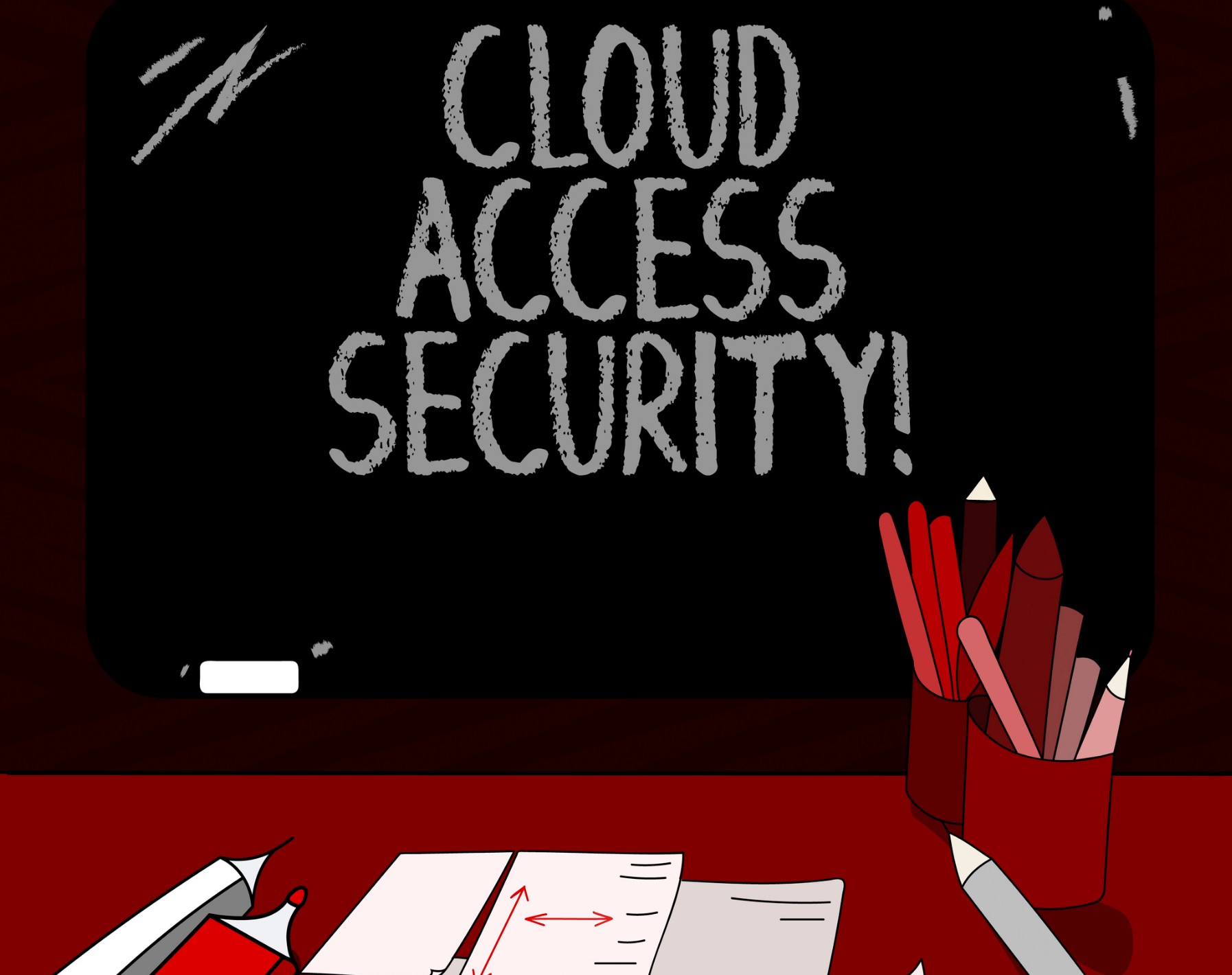Many businesses are transitioning to cloud-based access control systems to enhance security, efficiency, and operational agility as they evolve. This shift is driven by the need for more robust security measures, the desire for scalable solutions to grow with the business, and the demand for systems that provide remote access and integration capabilities. Cloud-based access control systems offer a flexible, cost-effective, and future-proof alternative to traditional physical security systems, making them an increasingly popular choice for organizations of all sizes.
Enhanced Security and Data Protection
The first major advantage of cloud-based access control systems is their superior level of security and data protection. Unlike traditional systems that rely on local servers and physical infrastructure, cloud-based systems store and manage data on secure, remote servers. This setup greatly reduces the risk of data breaches, as the data is not physically accessible and is protected by advanced cybersecurity measures. Furthermore, cloud-based systems often employ robust encryption protocols to ensure that sensitive information remains confidential during transmission and storage.
Another significant feature of cloud-based access control systems is the ability to monitor access in real-time. Businesses can track who enters and exits their premises at any moment, enhancing their ability to respond promptly to unauthorized access. These systems can be configured to send instant alerts to designated personnel in the event of a security breach, enabling quicker response times to potential threats. This level of vigilance is crucial for maintaining a high-security environment.
Cloud-based access control systems help businesses comply with regulatory standards and data protection laws. By offering a secure environment for data handling and storage, these systems ensure that businesses meet the requirements set by industry-specific regulations. This is particularly important for industries that handle sensitive data, such as healthcare, finance, and education. Compliance with these standards not only protects the business from legal repercussions but also builds trust with clients by demonstrating a commitment to data security.
Scalability and Flexibility for Growing Businesses
Cloud-based access control systems offer unparalleled scalability, allowing businesses to expand or modify their security infrastructure as they grow. This flexibility is crucial for accommodating new employees, additional locations, or changing security requirements without the need for significant physical infrastructure changes. Businesses can easily add or remove access points and users, ensuring their security system evolves with their growth.
These systems also provide the advantage of customizable access levels. Businesses can assign specific access rights to different groups or individuals based on their role or clearance level. This feature ensures that employees have access only to the areas necessary for their work, enhancing overall security. The ability to tailor access rights on a granular level also aids in maintaining operational efficiency and protecting sensitive areas within the organization.
They are adept at adapting to changing business environments. Whether a company is restructuring, shifting to remote work models, or implementing new operational strategies, these systems can be quickly reconfigured to support these changes. The agility of cloud-based access control systems is a key factor in their growing popularity, as they provide businesses with a resilient and adaptable security solution.
Cost-Effectiveness
One of the most significant advantages of cloud-based access control systems is their cost-effectiveness. Traditional systems often require substantial upfront investment for hardware, software, and installation. In contrast, cloud-based systems typically operate on a subscription model, significantly reducing initial expenditures. This pay-as-you-go approach allows businesses to allocate their resources more efficiently.
Cloud-based systems also minimize the need for ongoing maintenance and technical support. Since the service provider manages the system’s infrastructure, businesses can save on the costs associated with hardware maintenance, software updates, and system repairs. This outsourcing of technical responsibilities not only reduces expenses but also allows businesses to focus on their core operations.
The advanced features offered by cloud-based systems contribute further to their economic efficiency. These include:
- Automatic software updates
- Integrated analytics for access patterns
- Scalable storage solutions
These features enhance the system’s capabilities while eliminating the need for additional investments in separate analytics or storage solutions.
Reduced upfront costs, lower maintenance expenses, and enhanced features result in significant savings over time. Businesses can invest these savings back into their operations, fostering growth and innovation. This financial advantage makes cloud-based access control systems attractive for cost-conscious organizations looking to optimize their security investments.
Remote Management and Access Capabilities
Cloud-based access control systems allow for remote management and monitoring, a crucial feature for modern businesses. This lets administrators control access points from anywhere, using a computer or mobile device. This flexibility is particularly beneficial for managing multiple locations or for quick response to security issues from any location.
These systems provide the ability to grant or revoke access remotely. This is particularly useful for businesses with flexible working arrangements, such as remote or hybrid work models, as it allows for dynamic control over who has access to the premises at any given time.
The real-time nature of cloud-based systems means that any changes made to access permissions or settings are immediately effective. This immediacy ensures that security measures are always up to date, providing an extra layer of protection against unauthorized access.
Cloud-based access control systems simplify user management. Administrators can easily add, remove, or modify user access levels without needing physical presence or manual intervention. This convenience saves time and enhances the overall efficiency of security operations.
Integration with Other Business Systems
Cloud-based access control systems offer seamless integration capabilities with other business systems. This connectivity enables a unified security and operations management approach, allowing for streamlined workflows. For instance, integrating access control with employee management systems can automate access permissions based on employee status, simplifying administrative procedures.
These systems can also be integrated with data analytics tools, providing valuable insights into access patterns and security breaches. This data can be crucial for identifying potential security risks and improving overall security strategies. Furthermore, comprehensive reporting tools help audit and compliance, ensuring businesses meet industry regulations effectively.
The flexibility of cloud-based systems allows for customization to meet specific business requirements. Whether it’s integrating with HVAC systems for energy efficiency or connecting to surveillance systems for enhanced security, the adaptability of these systems ensures that they can be tailored to fit the unique operational dynamics of each business.
As technology advances, the potential for future integration with emerging technologies, like IoT devices and AI-powered analytics, becomes increasingly important. Cloud-based access control systems are well-positioned to adapt to these advancements, ensuring that businesses remain at the forefront of security technology.
Future-Proofing with Continuous Updates
Cloud-based access control systems are designed to evolve continuously with technological advancements. This means they are regularly updated to include the latest security features and improvements. Such updates are automatic and often require minimal to no downtime, ensuring that businesses always have the most advanced security measures in place.
With cyber threats evolving rapidly, a system that updates itself to counter them is invaluable. This proactive approach to security ensures that vulnerabilities are addressed promptly, maintaining a high level of protection.
Future-proofing with cloud-based systems means that businesses invest in a long-term, relevant, sustainable solution. Unlike traditional systems that might become obsolete or require replacement, cloud-based systems adapt and grow, extending their life cycle and providing better value over time.
Continuous updates and improvements mean businesses can leverage the latest features without additional investment in new hardware or software. This approach saves costs and ensures that the access control system is always aligned with current best practices in security and technology.
Contact R3 Access
At R3 Access, we are dedicated to providing the best cloud-based access control solutions tailored to your business requirements. Our team of experts is ready to assist you in transitioning to a cloud-based system, ensuring a seamless and secure integration. We understand the importance of staying ahead in today’s dynamic security environment and are committed to offering top-notch service and support. Contact us today for more information on how we can help secure your business with our advanced cloud-based access control systems.


